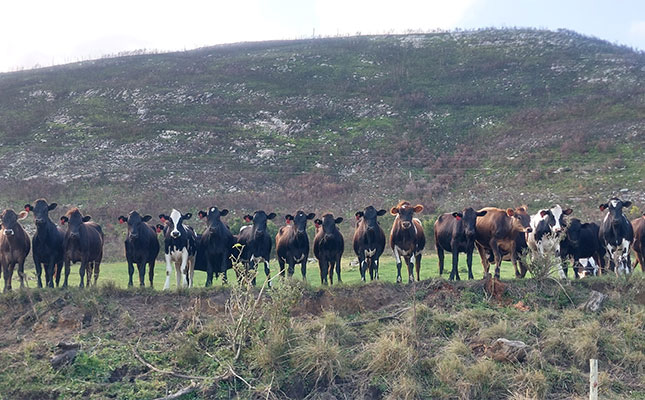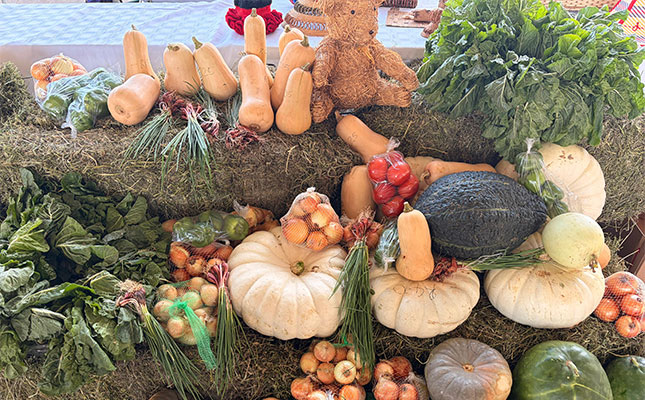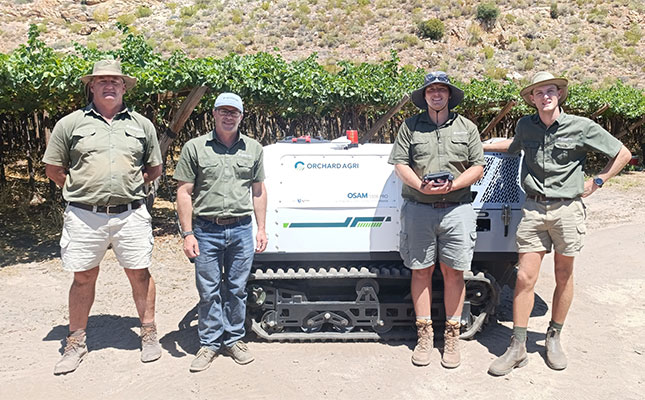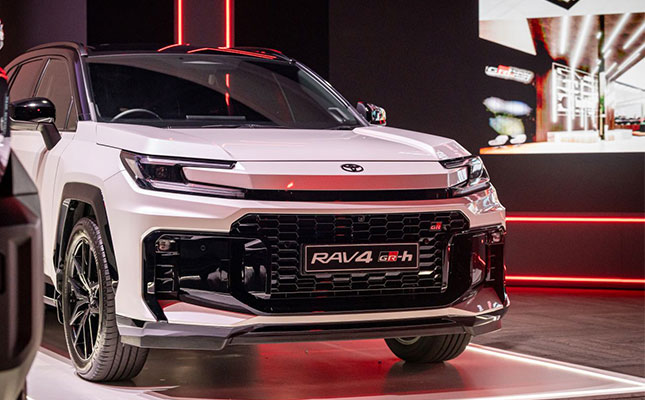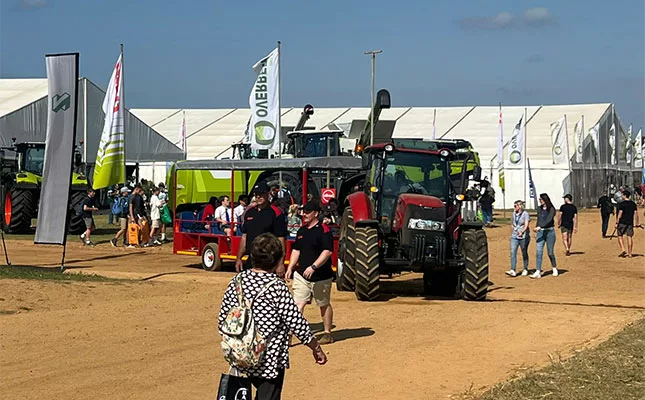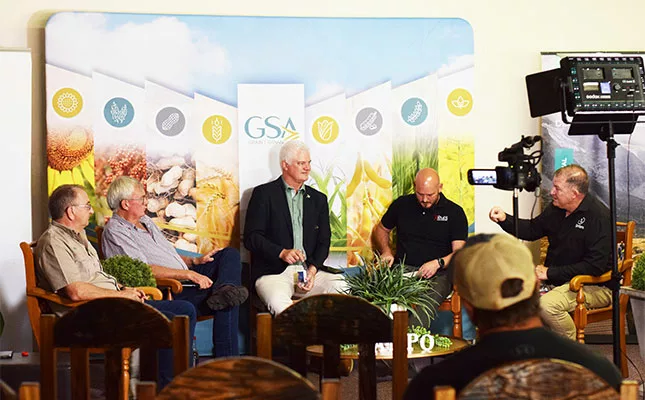
Olivier took part in a panel discussion on the non-conventional meat value chain on 17 October, during Nampo Alfa 2025, held at near Bothaville in the Free State.
Joining him on the panel were Fanie Ferreira, CEO of the Milk Producers’ Organisation (MPO); Danie Minnaar, vice-chairperson of Grain SA; Dr Tobias Doyer, CEO of Grain SA; and Kobus Bester, Simbra Southern Africa breed director and director of the Livestock Registering Federation.
Speaking to Farmer’s Weekly after the discussion, Olivier said it was vital to include representatives from different parts of the livestock and grain value chains.
“It was important to have the MPO represented, because large numbers of cattle from the milk industry end up in the red meat value chain.
“It was equally important to have a maize farmer like Danie Minnaar, who also runs cattle, as there are many maize farmers with similar mixed operations,” he explained.
Olivier said what stood out most for him was the willingness of many farmers and producer organisations (even those outside the traditional red meat space) to participate in the red meat conversation.
He also stressed the importance of engaging with stakeholders at grassroots level. “Sometimes it’s the smaller participants who speak more freely about the real issues,” he explained.
Olivier highlighted that the red meat industry’s roots lay in a feedlot-driven system, as up to 80% of meat sold in stores originated from feedlots.
“Feedlots are currently focused on exports and overseas markets, leaving gaps in the local market for new entrants. We need to discuss how to support these new players,” he said.
What encouraged him most, he added, was the openness of the panel discussion: “People need to vent their frustrations; that’s how we start solving problems in the industry. We need more collaboration [so we can] cut costs and ensure our focus stays on the producer.”
While acknowledging the role of social media, Olivier cautioned against the rise of “social media warriors”.
“I have no problem with social media, but what I do object to are those who criticise from behind a screen but aren’t willing to engage directly. Anyone who wants to talk about the industry is welcome to contact me; that’s how we solve problems and avoid division,” he explained.
There was broad agreement among the panellists that open, cross-industry conversations should continue.
Doyer added that collaboration must move forward without delay. “The next step cannot wait [another few years] Even the ostrich industry, excluding feathers and eggs, should be part of our broader red meat discussions.
“We don’t talk enough about or share the wins we’ve achieved in our industries,” he said.
Get trusted farming news from Farmers Weekly in Google Top Stories.
➕ Add Farmers Weekly to Google ✔ Takes 10 seconds · ✔ Remove anytime

